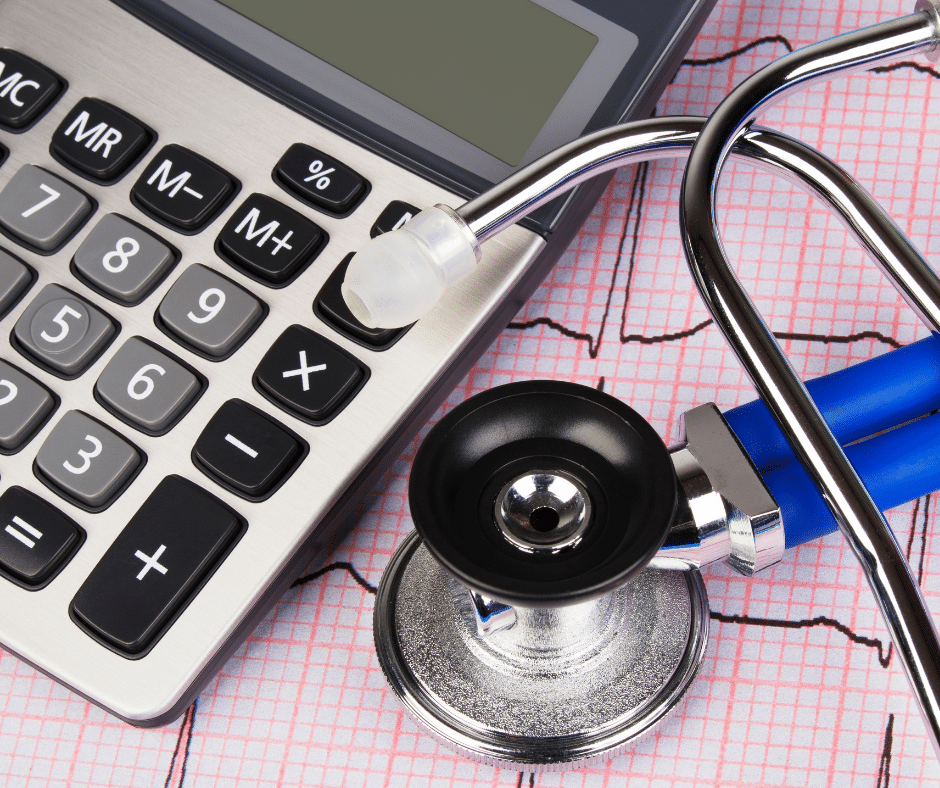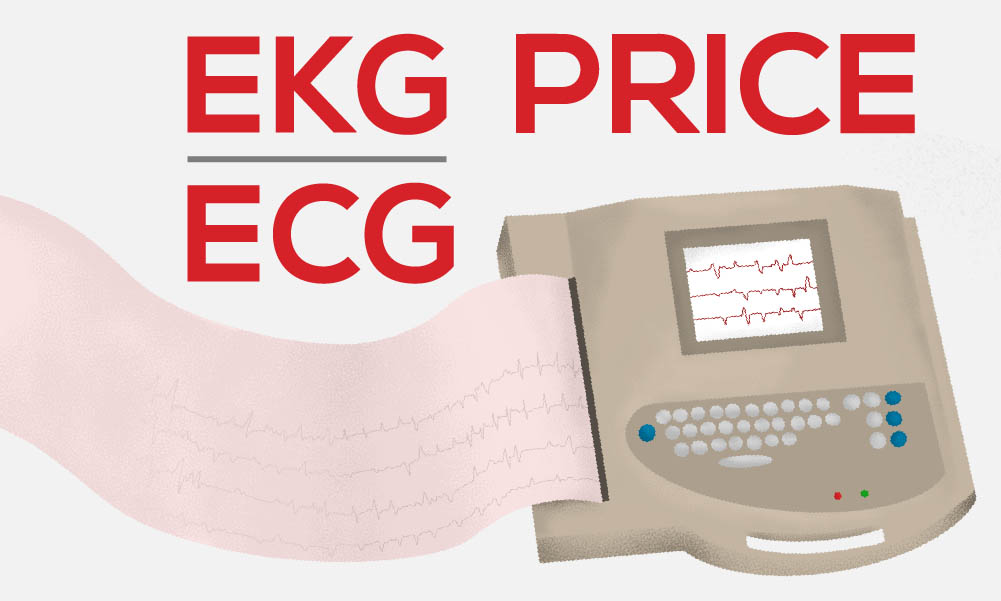Negotiating Costs and Payment Options

How much does an ekg cost without insurance – Getting an EKG without insurance can be expensive, but there are ways to reduce the cost and make the procedure more affordable. You can negotiate with healthcare providers, explore alternative payment options, and understand the billing process to make the experience less stressful.
Negotiating Costs
Negotiating with healthcare providers is a common practice, and many are willing to work with patients to make their services more affordable. Here are some strategies you can use:
- Ask about discounts:Many healthcare providers offer discounts for cash payments or for patients who pay in full at the time of service. You can also ask about discounts for seniors, students, or members of certain organizations.
- Inquire about payment plans:Some providers offer payment plans that allow you to spread the cost of the EKG over several months. This can be a helpful option if you’re facing a financial hardship.
- Explore financial assistance programs:Many healthcare providers have financial assistance programs that can help patients who are struggling to afford their care. These programs may provide discounts, scholarships, or other forms of financial aid.
Alternative Payment Options, How much does an ekg cost without insurance
Besides negotiating with healthcare providers, you can also consider alternative payment options to make the EKG more affordable:
- Cash payments:Paying for the EKG in cash can often result in a lower price than paying with credit cards or insurance.
- Financing plans:Some healthcare providers partner with financing companies that offer low-interest loans for medical expenses. These loans can help you spread the cost of the EKG over time.
- Health savings accounts (HSAs):If you have an HSA, you can use the funds to pay for eligible medical expenses, including EKGs. HSAs are tax-advantaged accounts that allow you to save money for healthcare costs.
Understanding Medical Bills
Navigating the billing process for medical services can be confusing. It’s important to understand how medical bills work and what you can do to ensure you’re paying a fair price:
- Review your bill carefully:Make sure that the bill accurately reflects the services you received. Check for any errors or duplicate charges.
- Ask for an itemized bill:This will break down the cost of each service you received, making it easier to understand what you’re being charged for.
- Negotiate with the billing department:If you believe the bill is too high, you can contact the billing department and try to negotiate a lower price.
Cost Comparison with Other Diagnostic Tests: How Much Does An Ekg Cost Without Insurance

An EKG is a valuable tool for evaluating heart health, but it’s just one of many diagnostic tests available. Understanding the costs and benefits of other tests can help you make informed decisions about your heart health care. This section will compare the cost of an EKG with other diagnostic tests used for evaluating heart health, such as echocardiograms, stress tests, and blood tests.
Comparison of Diagnostic Tests for Heart Health
The cost of an EKG can vary, but it is generally considered a relatively inexpensive test. Here’s a table comparing the costs, benefits, and limitations of several common diagnostic tests used for evaluating heart health:
| Test | Cost (Approximate) | Benefits | Limitations |
|---|---|---|---|
| Electrocardiogram (EKG) | $50
|
|
|
| Echocardiogram | $200
|
|
|
| Stress Test | $200
|
|
|
| Blood Tests | $50
|
|
|
Factors Influencing Test Choice
The choice of diagnostic test for evaluating heart health depends on several factors, including:
- Symptoms and medical history:Your doctor will consider your symptoms and medical history to determine which tests are most appropriate.
- Cost and accessibility:The cost of the test and its availability in your area are important considerations.
- Diagnostic capabilities:Different tests have different capabilities, and your doctor will choose the test that is most likely to provide the necessary information.
FAQ Guide
What are some common reasons for needing an EKG?
EKGs are commonly used to diagnose heart conditions, monitor heart health, and assess the effectiveness of treatment. They can help identify problems such as irregular heart rhythms, heart attacks, and heart valve disorders.
How long does an EKG test usually take?
A basic resting EKG typically takes about 5 to 10 minutes. More complex tests, such as stress tests or Holter monitoring, may take longer.
Are there any risks associated with having an EKG?
EKGs are generally safe and painless. There are minimal risks associated with the procedure, and most people can tolerate it without any discomfort.
Can I get an EKG without a doctor’s referral?
In some cases, you may be able to get an EKG without a doctor’s referral. However, it’s always best to consult with your physician to determine if an EKG is necessary and to discuss any concerns you may have.